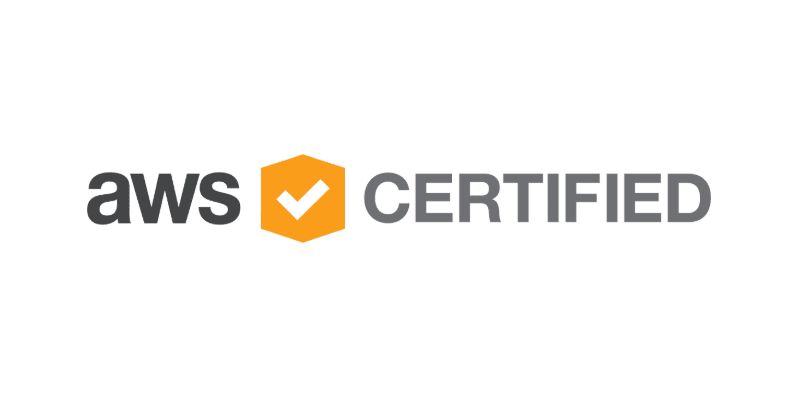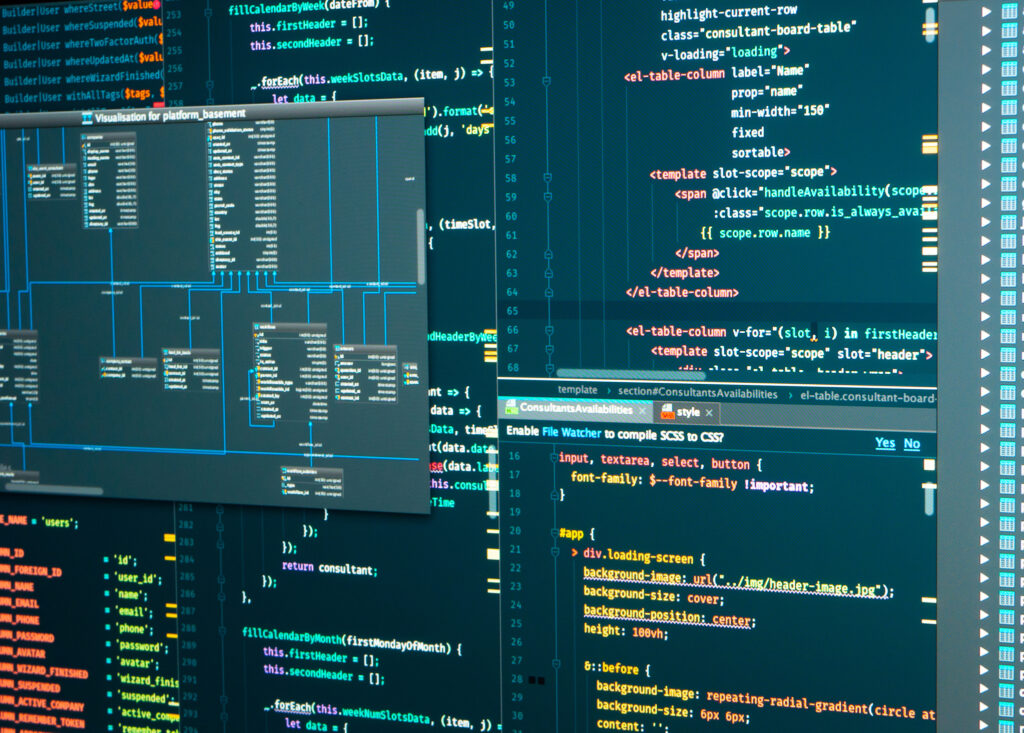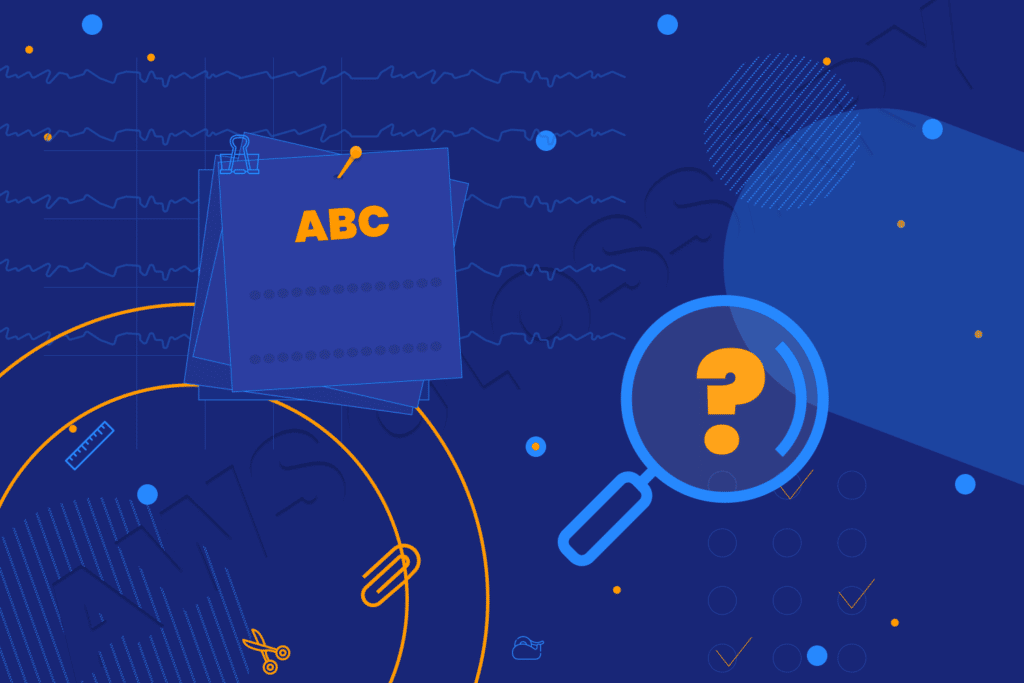
Logicata AI Bot
June 17, 2025
The Logicata AI Bot automatically transcribes our weekly LogiCast AWS News Podcasts and summarises them into informative blog posts using AWS Elemental MediaConvert, Amazon Transcribe and Amazon Bedrock, co-ordinated by AWS Step Functions.
In this week’s episode of LogiCast, the AWS News podcast, host Karl Robinson and co-host Jon Goodall were joined by special guest Randall Hunt, CTO of Caylent, to discuss the latest developments in the world of Amazon Web Services. The conversation covered a range of topics, from new security features to massive investments in data center infrastructure and cutting-edge cooling technologies.
Enhanced Security with KMS Key Rotation
AWS Key Management Service (KMS) has introduced a new feature allowing on-demand key rotation for imported keys. This development addresses a significant gap in KMS functionality, as previously, users who brought their own key material couldn’t rotate their keys without disrupting services.
Jon emphasized the importance of this feature, stating, “In-place rotation is the best quality of life feature ever because the ARN stays the same. You just go, ‘Oh, it’s a new key now,’ and they’re all backwards compatible.” This enhancement simplifies key management and improves security practices for organizations using imported keys.
Randall raised an interesting point about the pricing model, noting, “The first two rotations add $1 per month in additional charges, but then it’s capped after the second rotation. That is a very strange pricing model that I don’t fully understand.” This observation highlights the need for clarity in AWS’s pricing structures, even as they introduce valuable new features.
Improved DDoS Protection
AWS has introduced new application layer 7 DDoS protection for AWS Web Application Firewall (WAF) and AWS Shield Advanced customers. This enhancement comes as a response to evolving attack patterns and the increasing complexity of DDoS defense at the application layer.
Randall shared his insights on the challenges of DDoS protection, particularly with newer protocols like HTTP/3: “I don’t think people fully grock how difficult it is to do DDoS defense at layer 7. There’s, especially with HTTP/3, which kind of blends the networking levels because you’re going through UDP as a transport protocol.”
Jon added that this improvement makes WAF “more kind of usable and approachable and just generally better for folk that then aren’t going and looking at third-party tools.” He also highlighted a significant benefit: “There’s no charges for attack traffic flagged as DDoS. That’s a bit of a game changer and makes WAF more palatable.”
Enhanced S3 Logging
AWS CloudTrail has improved its logging capabilities for Amazon S3 delete object API calls. This update provides more detailed information about bulk delete operations, addressing a previous limitation where only the initiator of a bulk delete was logged, without specifics on the objects removed.
Randall pointed out the potential cost implications of extensive logging: “Delete object APIs calls and overall events for like bulk work can blow up your CloudTrail costs.” He welcomed the new feature, hoping that AWS would extend similar granular logging options to other S3 object APIs in the future.
Jon expressed surprise that this feature wasn’t already in place, stating, “I was amazed this didn’t already exist. It’s one of those things. I thought this already existed.” He emphasized the importance of this update for audit trails and security monitoring.
Massive Investments in Data Center Infrastructure
AWS has announced significant investments in data center infrastructure across multiple regions. These include $20 billion in Pennsylvania, $10 billion in North Carolina, and $5 billion in Taiwan, among others.
Randall provided context on these investments: “I don’t think it’s so much a reaction to the news. I think they’re trying to keep a steady state on their capital expenditures.” He contrasted AWS’s approach with other cloud providers, noting, “I’d rather see more building and less posturing.”
Jon emphasized the scale of these investments: “Between three things, we’re at $35 billion in three different places. And then there’s all the stuff about the nuclear reactors and the small modular ones and all that jazz as well. There’s so much money being poured into these things. It’s astounding.”
Next-Generation Cooling for AI Data Centers
AWS has unveiled its plans for cooling next-generation AI data centers using advanced liquid cooling technology. This move is driven by the increasing power demands of modern hardware, particularly GPU-intensive workloads for AI and machine learning.
Jon, drawing from his experience with PC cooling systems, explained the benefits and challenges of liquid cooling: “Air cooling is sufficient because it just generally is, right? But for the vast majority of use cases, air cooling is sufficient because it just generally is, right?” He noted that liquid cooling allows for more dense packing of compute resources but comes with its own set of challenges.
Randall highlighted the environmental benefits of this approach: “We contribute less to environmental issues if we leverage that more densely packed compute.” He also noted the flexibility of AWS’s implementation, allowing for a mix of air-cooled and liquid-cooled racks within the same data center.
Conclusion
This week’s LogiCast episode provided valuable insights into AWS’s latest developments, from enhanced security features to massive infrastructure investments and cutting-edge cooling technologies. These advancements demonstrate AWS’s commitment to innovation, scalability, and efficiency in cloud computing.
As the cloud landscape continues to evolve, it’s clear that AWS is positioning itself to meet the growing demands of AI and other compute-intensive workloads while also addressing security and environmental concerns. The discussions in this episode highlight the complex interplay of technology, economics, and sustainability in the rapidly changing world of cloud computing.
This is an AI generated piece of content, based on the Logicast Podcast Season 4 Episode 24.





